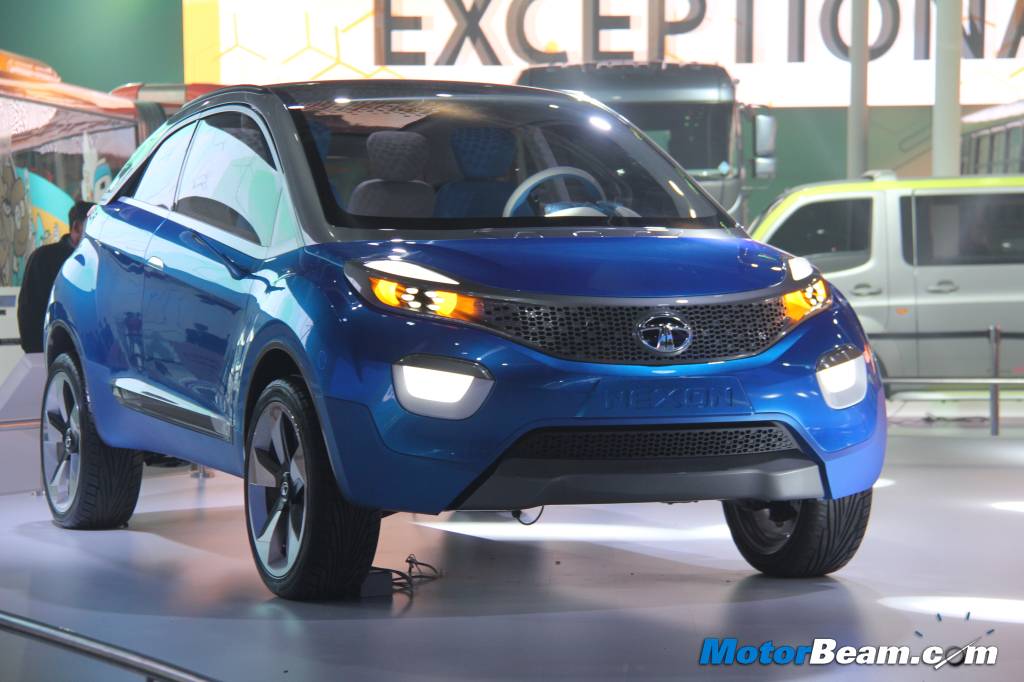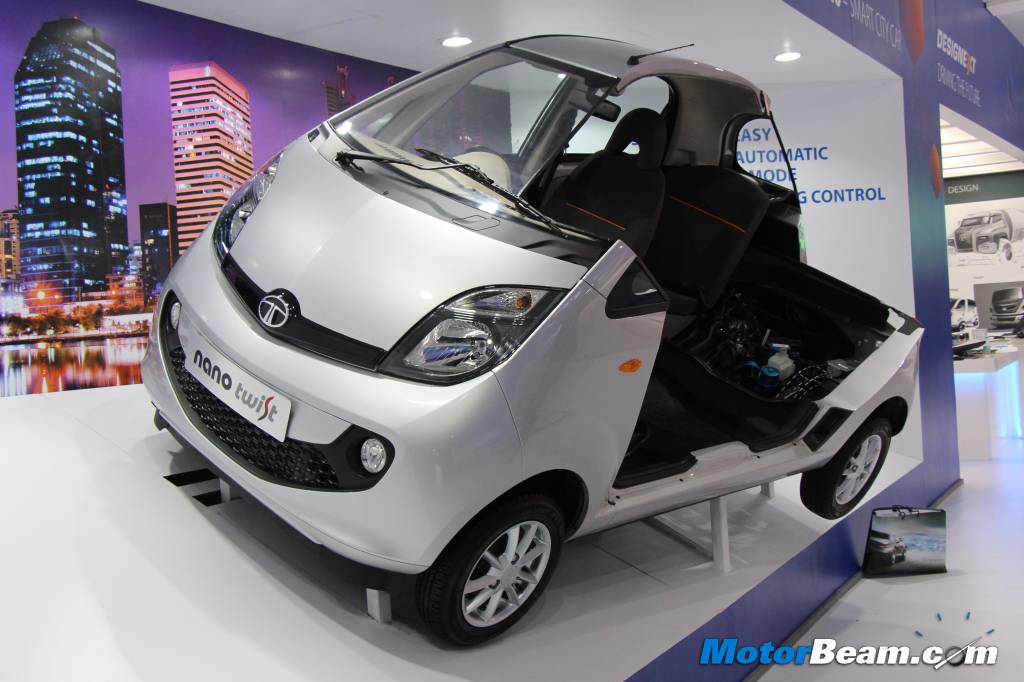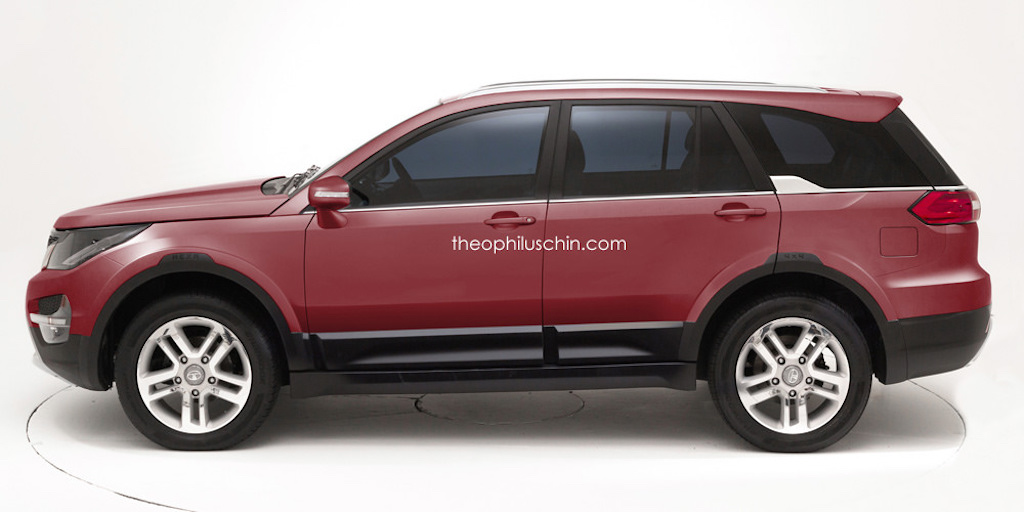As part of their strategy to grow in the domestic automotive market, Tata Motors will offer products in nine different volume segments by 2020. The company plans to have extensive market coverage in the compact segments with a range of petrol and diesel vehicles. Tata Motors has been investing almost Rs. 3000 crore per year on product development under the leadership of Tim Leverton, the president and head (advanced and product engineering) of Tata Motors’ Engineering Research Centre. He was earlier at Rolls-Royce heading development of the Phantom.
Tata Motors has been developing products for an increasingly competitive market. The first products to roll out of this strategy were the Bolt hatchback and the Zest compact sedan after a gap of five years in the most competitive segments in the automotive market. The next offering Nexon concept that was showcased at the 2014 Auto Expo will be ready for production in 24 months and will compete in the emerging compact SUV segment. Tata Motors also developed an all new turbocharged petrol engine called the Revotron, which will power the company’s next set of offerings starting with the Vista Tech.
Tim Leverton has also been instrumental in bringing the various Nano variants to the market, with the latest one being the Twist Active equipped with a power steering. The Nano will also spawn an automatic variant (Nano F-Tronic showcased at the Auto Expo), while a diesel engine is also said to be on the cards. Tata Motors also opened up a new research and development centre in collaboration with Jaguar Land Rover to bring new cars and powertrains to the domestic market.
The R&D centre will bring forth a new SUV (codenamed Q5) which is being built on the Freelander platform and will be competing against the Mahindra XUV500. Tata Motors is also said to be working on an all new ‘X4’ Advanced Modular Platform that will form the next generation of cars at Tata at a global level and will underpin an entry level hatchback, a new compact MPV to rival the Ertiga and an aspirational utility vehicle to take on the Bolero (replacing the Sumo Grande).
Tata Motors have been mounting losses over the years with the lack of new products in the market. However, the collaboration with JLR also helped the company in restructuring the organization in terms of working with suppliers, manufacturing functions and advanced quality planning. The company is also working on its commercial product range and will bring new products in the light and medium commercial vehicle segments in the future.
Source – Hindustan Times






